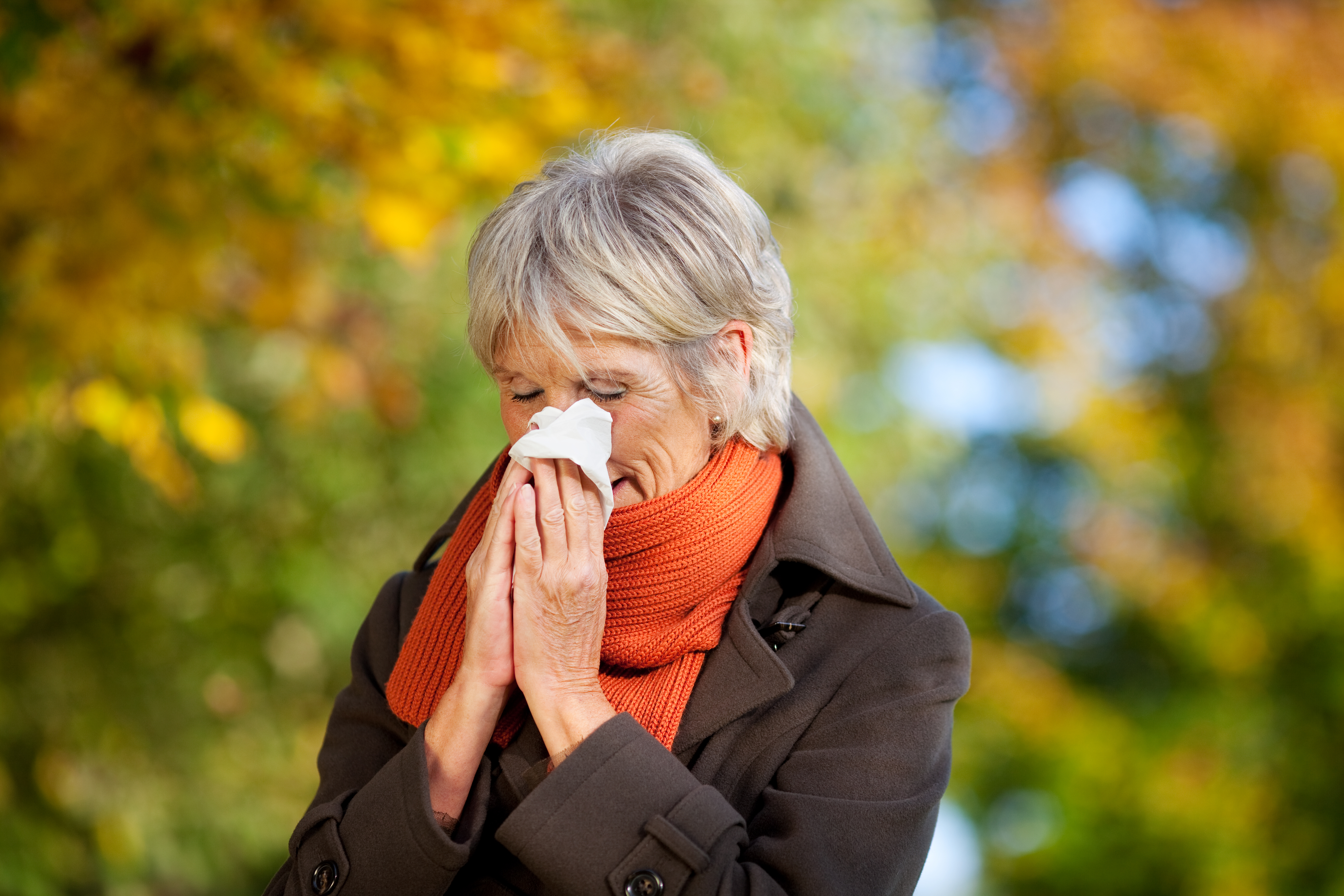 As Fall approaches, it’s time to prepare for the seasonal allergies that come along with it. According to the Centers for Disease Control and Prevention, 50 million Americans suffer from nasal allergies each year. The foods we eat can contribute to relief from some allergy symptoms. Here is a list of natural foods that should be added to your diet this fall.
As Fall approaches, it’s time to prepare for the seasonal allergies that come along with it. According to the Centers for Disease Control and Prevention, 50 million Americans suffer from nasal allergies each year. The foods we eat can contribute to relief from some allergy symptoms. Here is a list of natural foods that should be added to your diet this fall.
Onions and garlic contain quercetin (a flavonoid found in many fruits and vegetables) known to fight allergies by reducing inflammation, and acting as an antihistamine.
Broccoli, cauliflower, and cabbage are members of the “crucifer family,” vegetables which have proven to clear out blocked sinuses.
Pumpkin and Collard Greens contain carotenoids (a form of vitamin A) that have allergy fighting powers, including regulating the immune system.
Walnuts contain selenium (an antioxidant) known to help reduce allergic responses, and decrease inflammation.
Cashews and wheat bran have a high level of magnesium, which decreases allergies while opening up and relaxing muscles in the body.
Tuna and salmon are known for being high in omega 3- fatty acids. The omega 3 reduces inflammation. A study conducted in Japan found that women, who ate more fish, had lower levels of allergic rhinitis, otherwise known as “hay fever.”
Yogurt, sauerkraut, and other fermented foods all contain probiotics, which have been linked to the improvement in a person’s allergic rhinitis, or hay fever. Probiotics contain “good bacteria,” that help to maintain a healthy gut, ultimately ensuring a strong immune system. This allows the immune system to protect you from a flare up in allergy symptoms due to pollen and other allergens.
While these foods can help to alleviate symptoms, there are certain foods that should also be avoided during allergy season.
Raw fruits and vegetables may be dangerous for some allergy sufferers because they may trigger an allergic response. Some alternatives would be to cook your vegetables, or substitute applesauce in place of an apple.
Spicy foods, such as jalapeno peppers should also be avoided. The spice can trigger a release of histamine, mimicking common allergy symptoms, including runny nose, watery eyes, and other unnecessary discomfort.
Finally, eliminate processed foods from your diet. They can often increase inflammation in your body, leading to a worsening of allergy symptoms.
“Check with your physician about your particular seasonal allergy and how eating certain foods may help or worsen your symptoms,” said Nicole Zaybak Drepaniotis, MS, RD, CDN.

